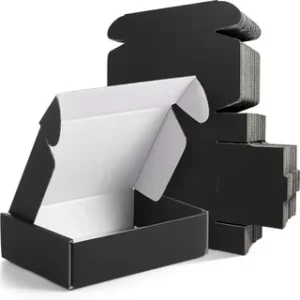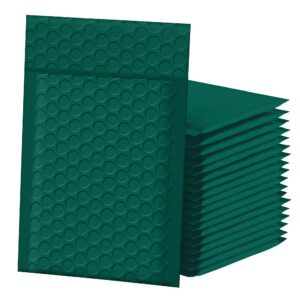Best Placement Tips for Wireless Access Points to Maximize Coverage
Introduction: When it comes to creating a seamless and strong Wi-Fi network at home or in a business setting, the placement of your wireless access points (WAPs) is crucial. Whether you’re using the best PoE wireless access point for home setups or advanced devices like the Ubiquiti U7-Outdoor, optimal positioning can make all the difference in ensuring consistent and reliable coverage. In this guide, we’ll cover the best placement strategies to maximize your WAP performance, as well as provide tips for special settings like outdoor or multi-story spaces.
Why Placement Matters for Wireless Access Points
The location of your access point can significantly affect its range, signal strength, and the overall reliability of your Wi-Fi network. Placing a WAP in a central, unobstructed location often yields the best results, while placing one in an isolated corner or behind dense materials like concrete walls can limit the signal reach. Selecting the right spot ensures that everyone in your home or office enjoys high-speed, reliable internet access, no matter where they are.
Top Placement Tips for Optimal Wi-Fi Coverage
- Choose a Central, Elevated Location
Place your WAP in a central location, elevated at about eye level or higher, to ensure even distribution of the signal. This is especially important for single-floor layouts. For example, if you’re installing a GL-X3000 for full home coverage, setting it up in the center of the home will help reach every room. Avoid placing it near the floor, as walls and furniture can absorb signal strength, leading to dead spots. - Avoid Physical Obstructions
Walls, especially those made from concrete or brick, can disrupt Wi-Fi signals, as can metal appliances, mirrors, and glass. Keep your WAP away from these obstructions whenever possible. When installing a Ubiquiti U7-Outdoor or any other outdoor access point, ensure it’s positioned in an open area with minimal obstruction to ensure uninterrupted coverage in outdoor zones, such as gardens or patios. - Use Ceiling or Wall Mounting for High-Ceiling Spaces
In larger rooms with high ceilings, mounting the WAP on the ceiling or higher on the wall can increase its range, ensuring that the Wi-Fi signal extends throughout the area. Ceiling-mounted access points, like the UVC-G5-Turret-Ultra, are ideal for expansive spaces where optimal placement helps reduce signal loss across larger distances. - Adjust Placement Based on Floor Plan Layout
For multi-story buildings, positioning WAPs in central locations on each floor can significantly improve coverage. If using a Cloud Gateway Max UCG-MAX-NS with multiple access points, consider placing each WAP slightly offset from the one on the floor above to ensure the strongest possible connection across levels. This setup minimizes interference and maximizes vertical coverage, so you get a strong signal on every floor. - Set Up Separate WAPs for Indoor and Outdoor Coverage
Not all WAPs are designed for outdoor use. For outdoor spaces, using a device specifically built for exterior settings, like the Ubiquiti U7-Outdoor, is essential. Place outdoor WAPs on a pole or under a protective overhang to avoid weather-related disruptions. This way, you extend your network outside without sacrificing quality. - Minimize Interference from Other Electronics
Place your access point away from electronic devices that may cause interference, such as microwaves, cordless phones, and baby monitors. Devices like the W8MY4 are designed to reduce interference, but positioning them well away from these electronics further ensures consistent performance, especially in high-density areas like offices. - Optimize Placement for Device Accessibility
Different areas may have varying connectivity needs. For instance, place access points near rooms with heavy device use, like entertainment centers or home offices. In these high-usage zones, powerful WAPs like the GL-X3000 are best positioned directly in these rooms or nearby hallways to ensure seamless connectivity for streaming, video conferencing, and gaming.
Tools to Test Wi-Fi Signal Strength After Placement
Once your WAPs are installed, use a Wi-Fi analyzer app to measure signal strength and identify any potential weak spots. Testing the network performance after placement can help you adjust WAP positions for optimal coverage.
Conclusion:
Effective wireless access point placement can transform your home or office Wi-Fi experience by ensuring fast and consistent connectivity everywhere. From high-ceiling installations with the UVC-G5-Turret-Ultra to outdoor coverage with the Ubiquiti U7-Outdoor, following these tips will help you get the most out of your WAP setup. Take time to test different placements and make small adjustments, as even minor changes can yield significant improvements in network performance. With the right setup, you’ll enjoy smooth, reliable Wi-Fi coverage wherever you need it.














Post Comment